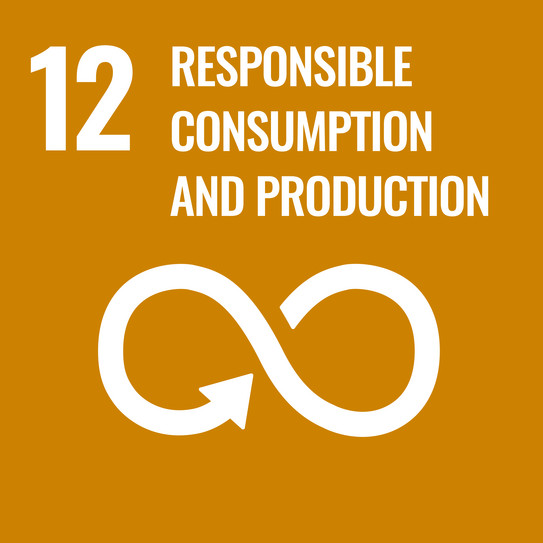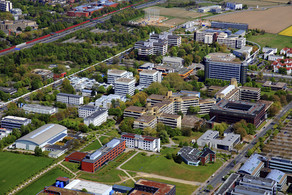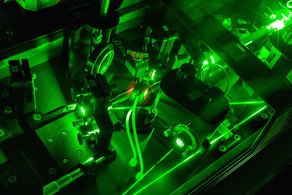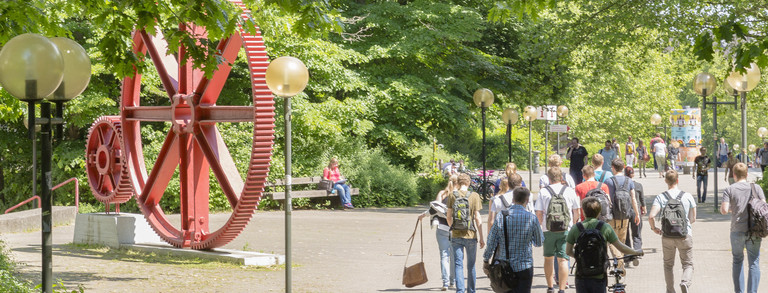Goal 12: Responsible consumption and production
SDG 12 is divided into several sub-goals. Goal 12.1 calls for the implementation of the Ten-Year Programme on Sustainable consumption and production patterns (Rio de Janeiro 2012). Starting from the fundamental imperative of sustainable management and efficient use of natural resources (12.2), the requirements are directed at reducing food losses (12.3), environmentally sound management of chemicals (12.4), reducing waste generation (12.5) and support for sustainable (production) practices and sustainability reporting for larger companies (12.6). Furthermore, sustainable practices should be promoted in public procurement (12.7) and information on sustainable lifestyles should be provided to raise sustainability awareness (12.8).
There is a call for scientific and technological and technological strengthening of developing countries (12.a), the development of sustainable tourism (12.b, see also SDG 8) and the abolition of inefficient subsidies for fossil fuels (12.c).

News on responsible consumption and production
Visualise paper consumption
- Projekte
- 12 Nachhaltige/r Konsum und Produktion
- 13 Massnahmen zum Klimaschutz

The paper consumption and the proportion of recycled paper at the university are to be documented, visually processed and communicated. In this way, a contribution is to be made to reducing paper and increasing the proportion of recycled paper.
For several years now, TU Dortmund University has regularly taken part in the comparison of universities in the 'Paper Atlas' of the Initiative Pro Recycling Paper. The aim of the initiative is to reduce paper consumption overall and to increase the proportion of recycled paper, which saves CO2, water and energy.
TU Dortmund's sustainability strategy states the goal of reducing paper consumption by 10% by 2021. In addition, the recycled paper quota is to increase to 80% by 2025.
Data on paper consumption has been collected, visualised and published on the homepage and on social media. This is to create awareness and a starting point for the goals set. In the long term, the data and visualisations can also help to persuade TU Dortmund institutions to switch to recycled paper.




